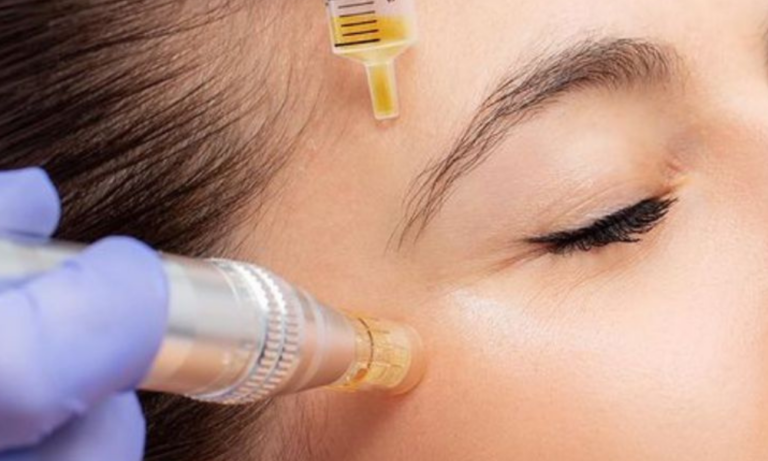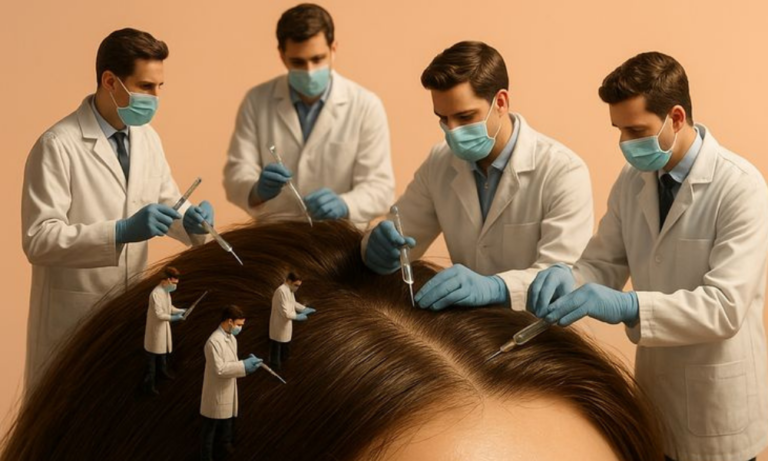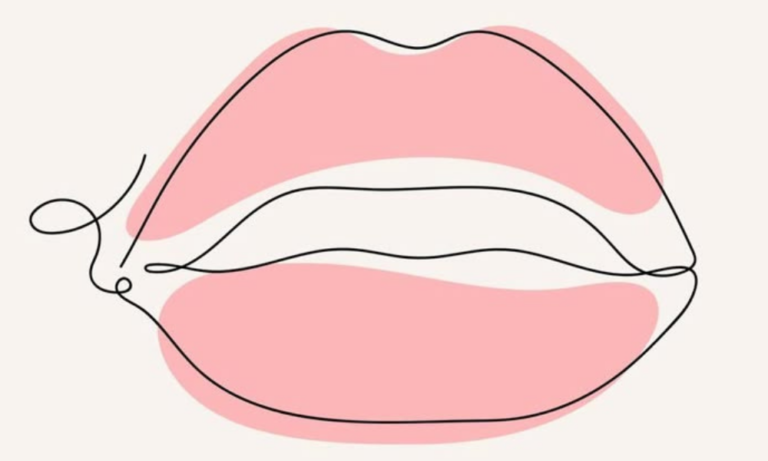THE STRESS-HAIR CONNECTION:
Hair growth and health are influenced by various factors, including genetics, nutrition, hormonal balance, and stress levels. Stress can impact hair in several ways:
Stress can disrupt the normal hair growth cycle, causing more hairs than usual to enter the resting phase. After a few months, these hairs may shed simultaneously, leading to noticeable hair loss.
Stress can contribute to compulsive behaviours like hair pulling which can result in hair breakage and thinning, especially in specific areas where pulling is concentrated.
Prolonged or chronic stress can disrupt hormone levels, including cortisol (the stress hormone) and androgens. Imbalances in these hormones can contribute to hair thinning and loss, particularly in women with conditions like polycystic ovary syndrome.
Stress can affect the scalp’s health, leading to conditions like dandruff, seborrheic dermatitis, or scalp psoriasis, which can impact hair growth and appearance.
Chronic stress may affect nutrient absorption and utilization, potentially leading to deficiencies in vitamins and minerals crucial for healthy hair, such as vitamins B, C, D, and iron.
TO PREVENT HAIR LOSS CAUSED BY STRESS, CONSIDER THE FOLLOWING STRATEGIES:
Eating a balanced diet rich in biotin, protein, vitamins (such as C and E), and omega-3 fatty acids can support proper hair growth and mitigate stress-induced hair loss
Ensure you get 7 to 9 hours of quality sleep each night to help regulate hormonal balance and reduce stress levels, which can contribute to hair loss
Engage in regular physical exercise, including cardiovascular and strength training, to alleviate stress and promote overall well-being, which can positively impact hair health
Incorporate relaxation techniques like yoga, meditation, or mindfulness into your daily routine to reduce stress levels and promote a healthy mindset, which can help prevent stress-related hair loss
Refrain from using very tight hairstyles, excessive heat styling, or chemical-based treatments that can contribute to hair loss or damage
Implement stress management techniques like deep breathing, meditation, or engaging in activities you enjoy to reduce the impact of stressors on your hair health.
ALSO READ: THE BEAUTY VAULT: THE BEST BEAUTY LAUNCHES OF APRIL 2024.




